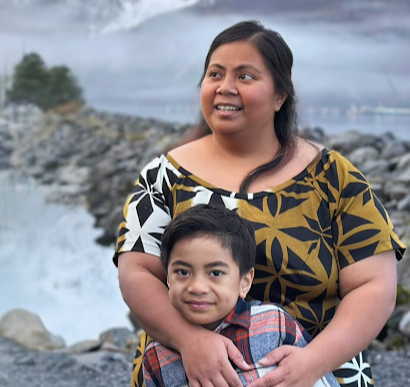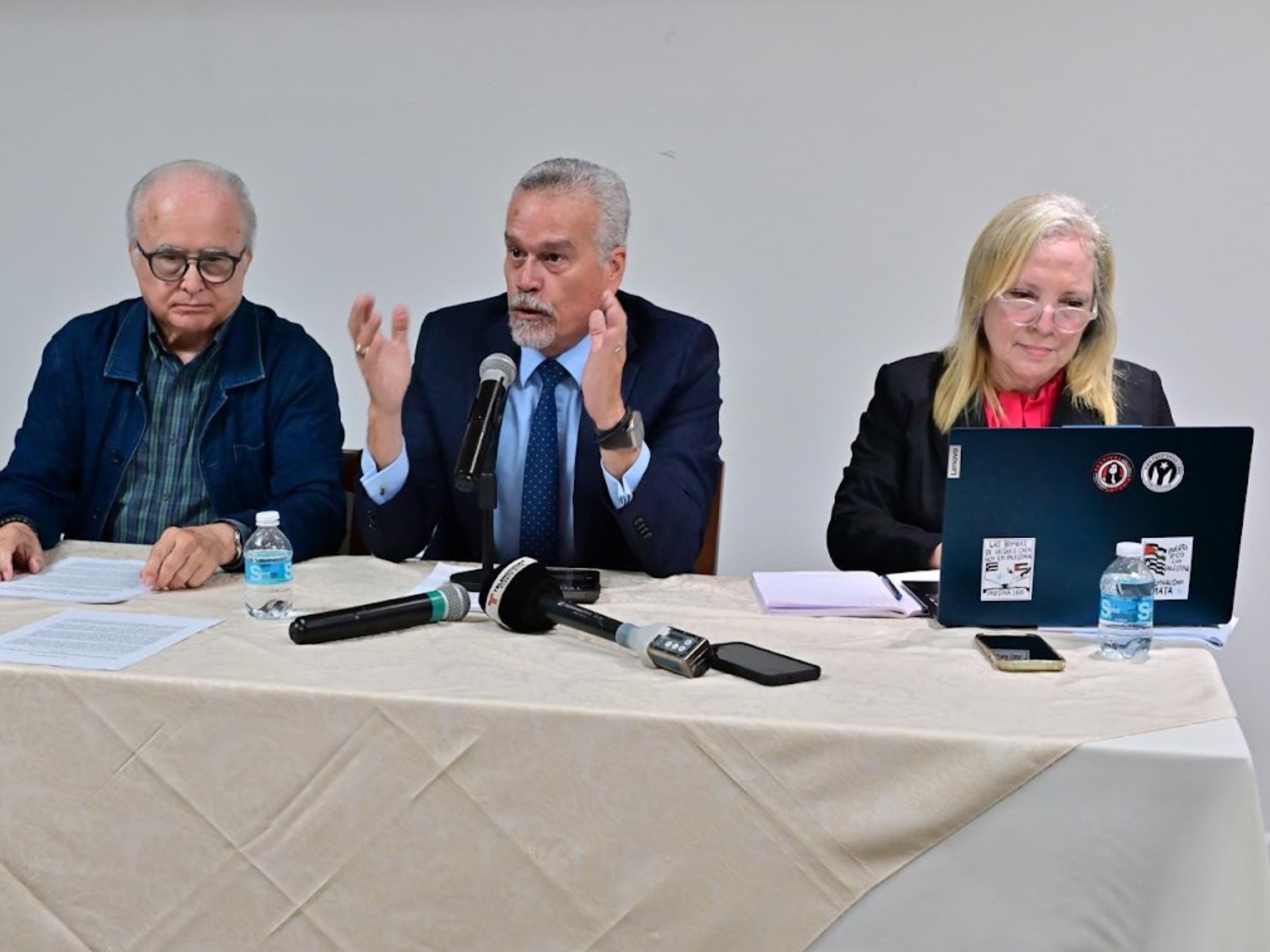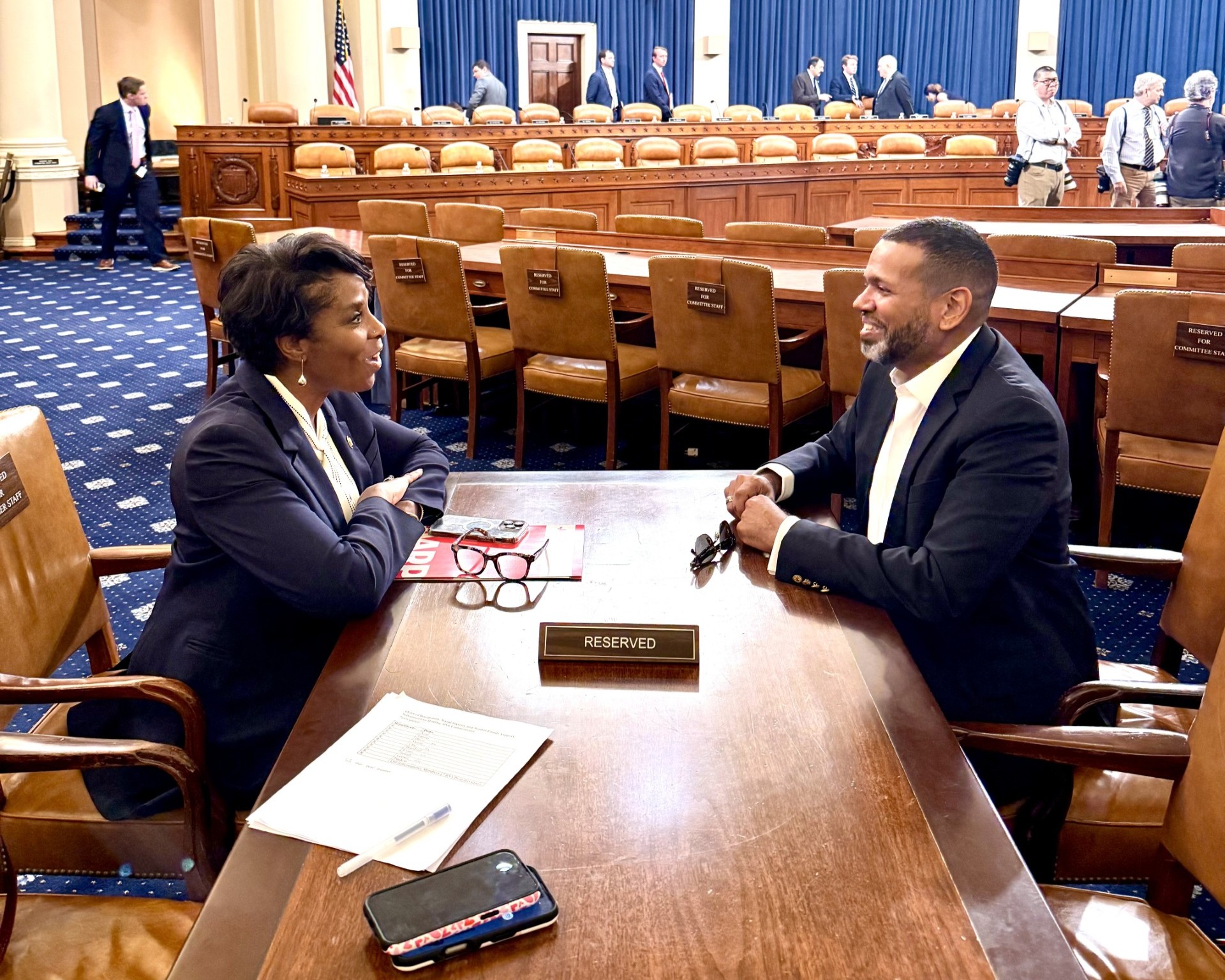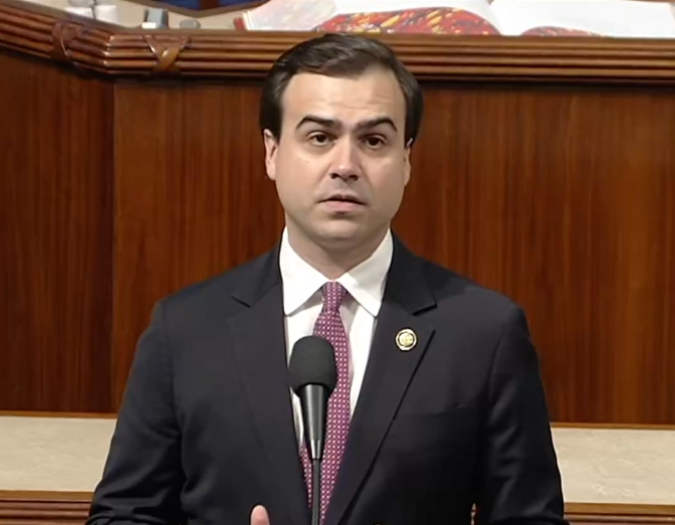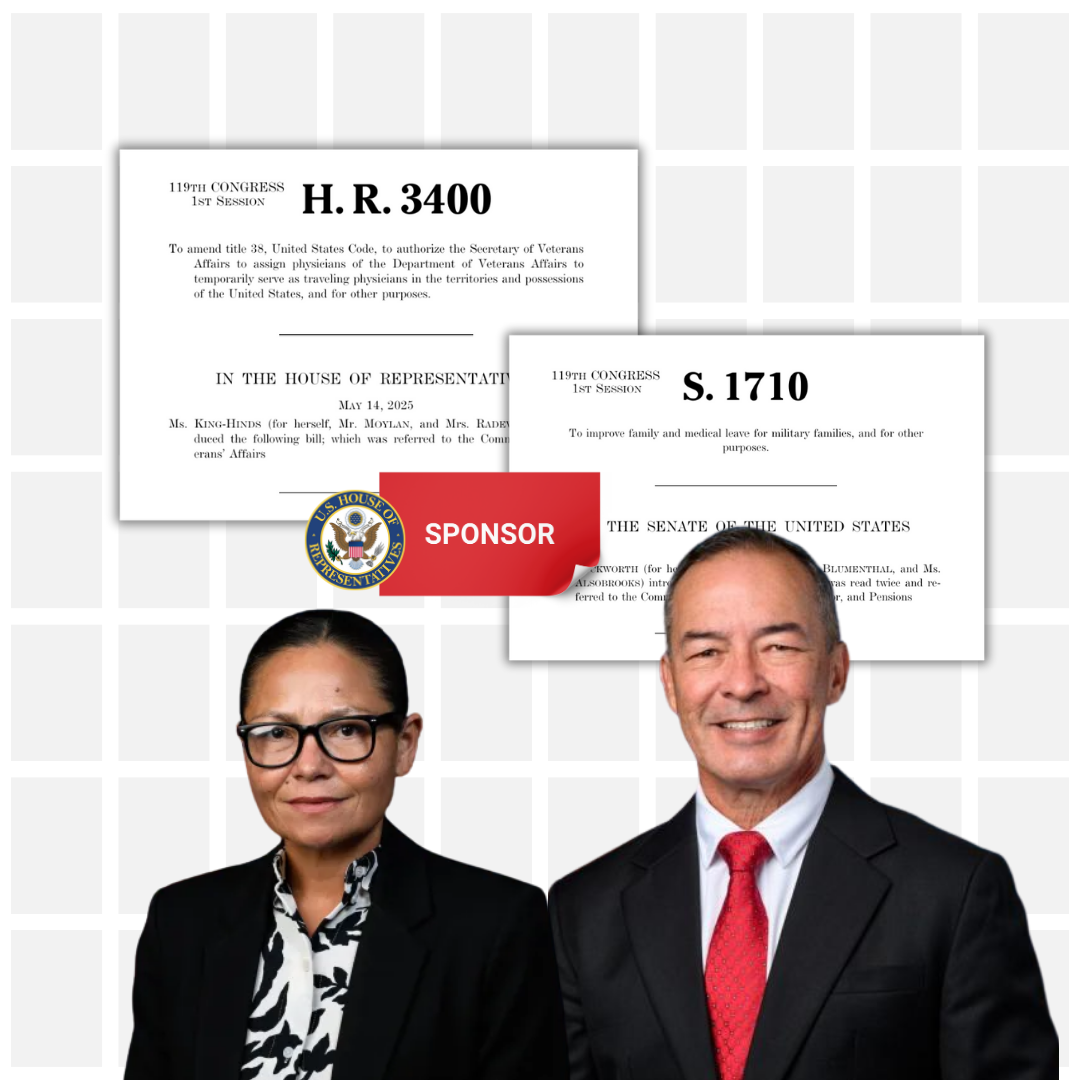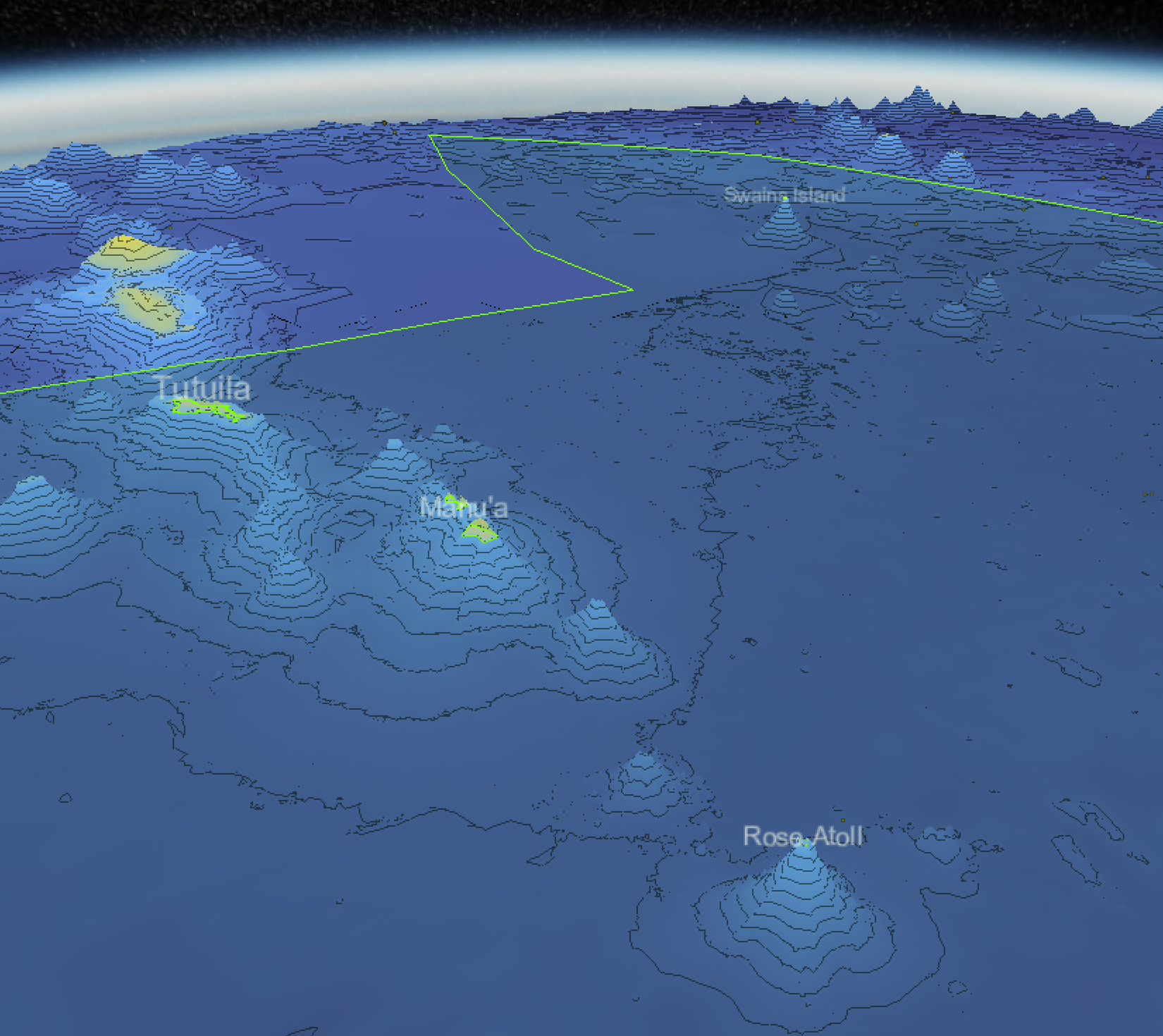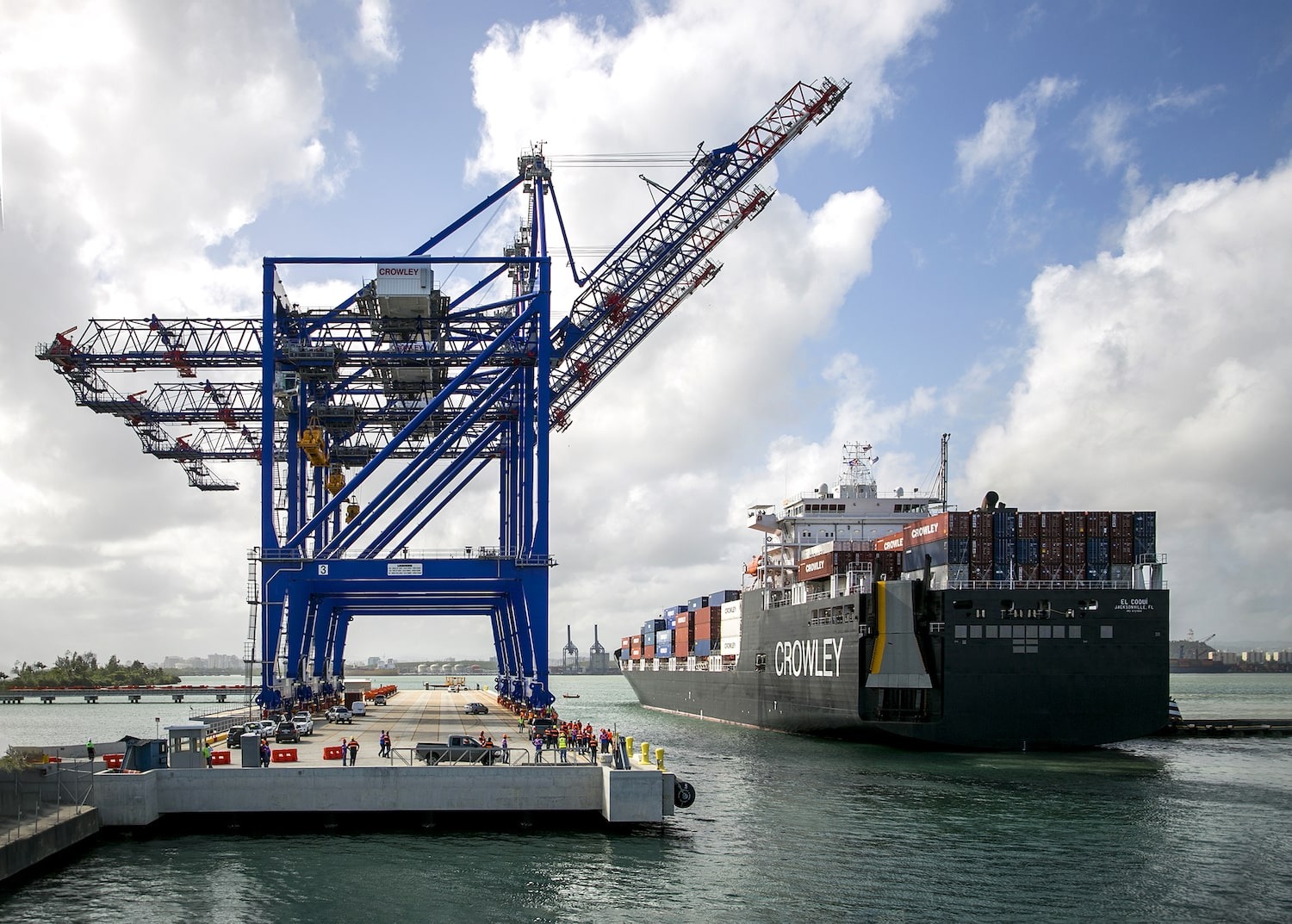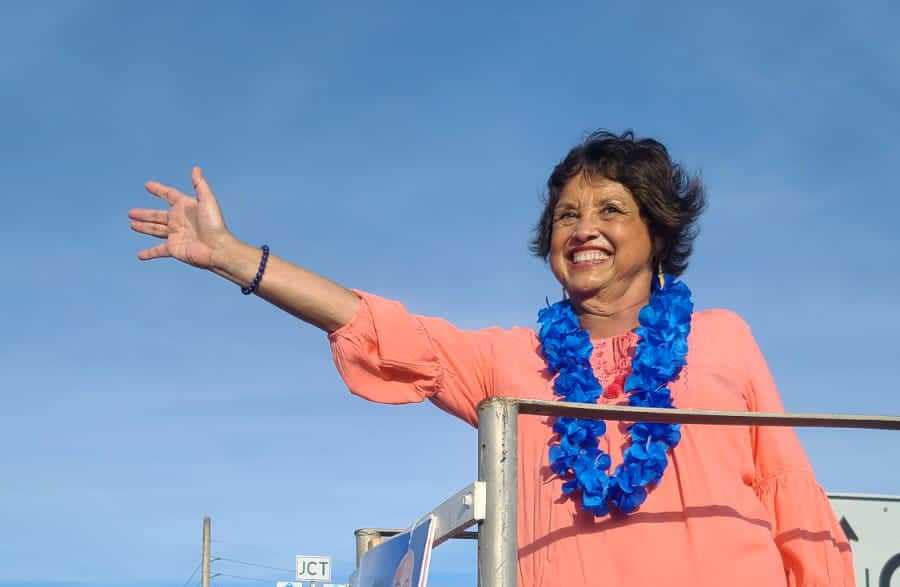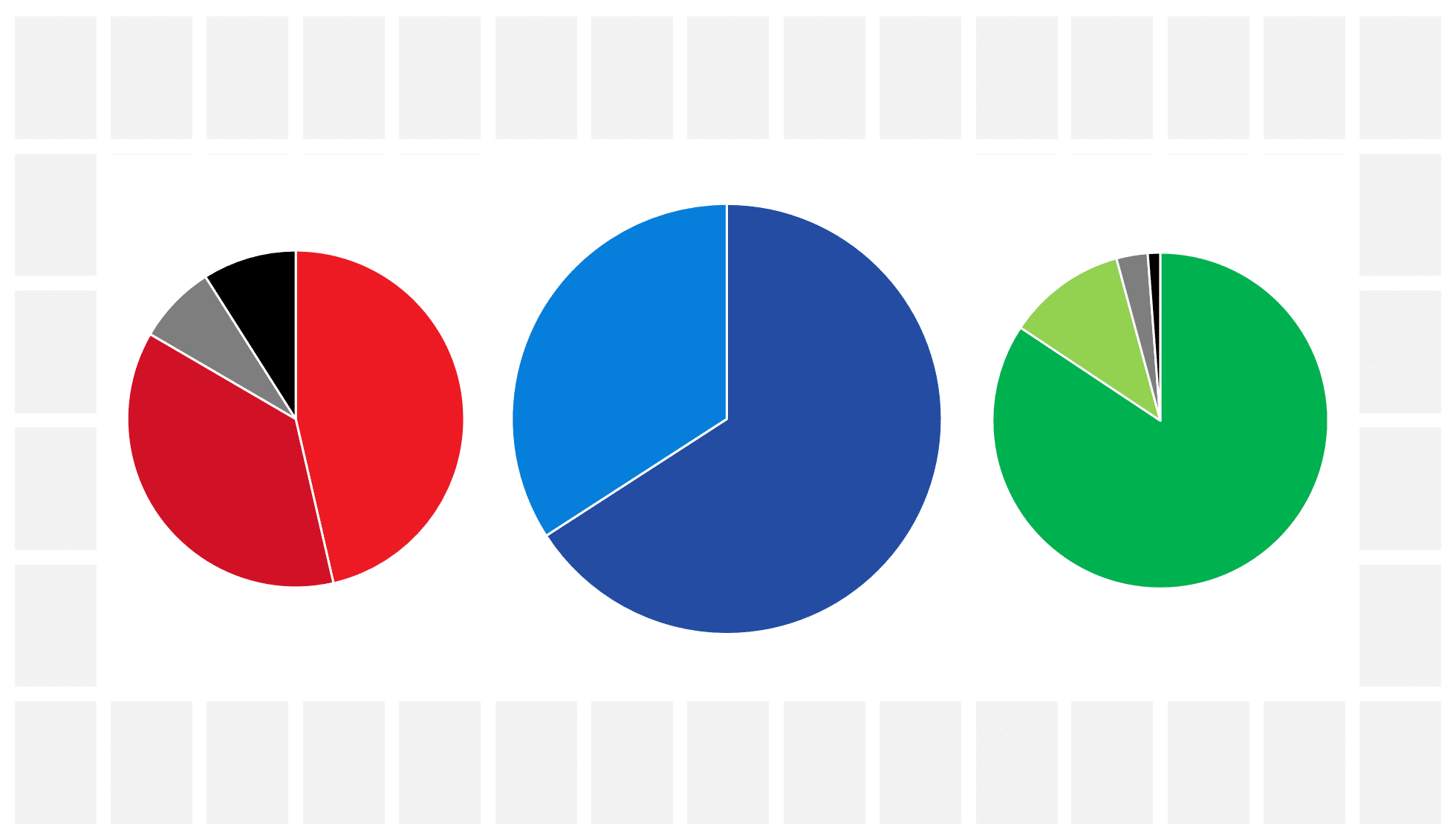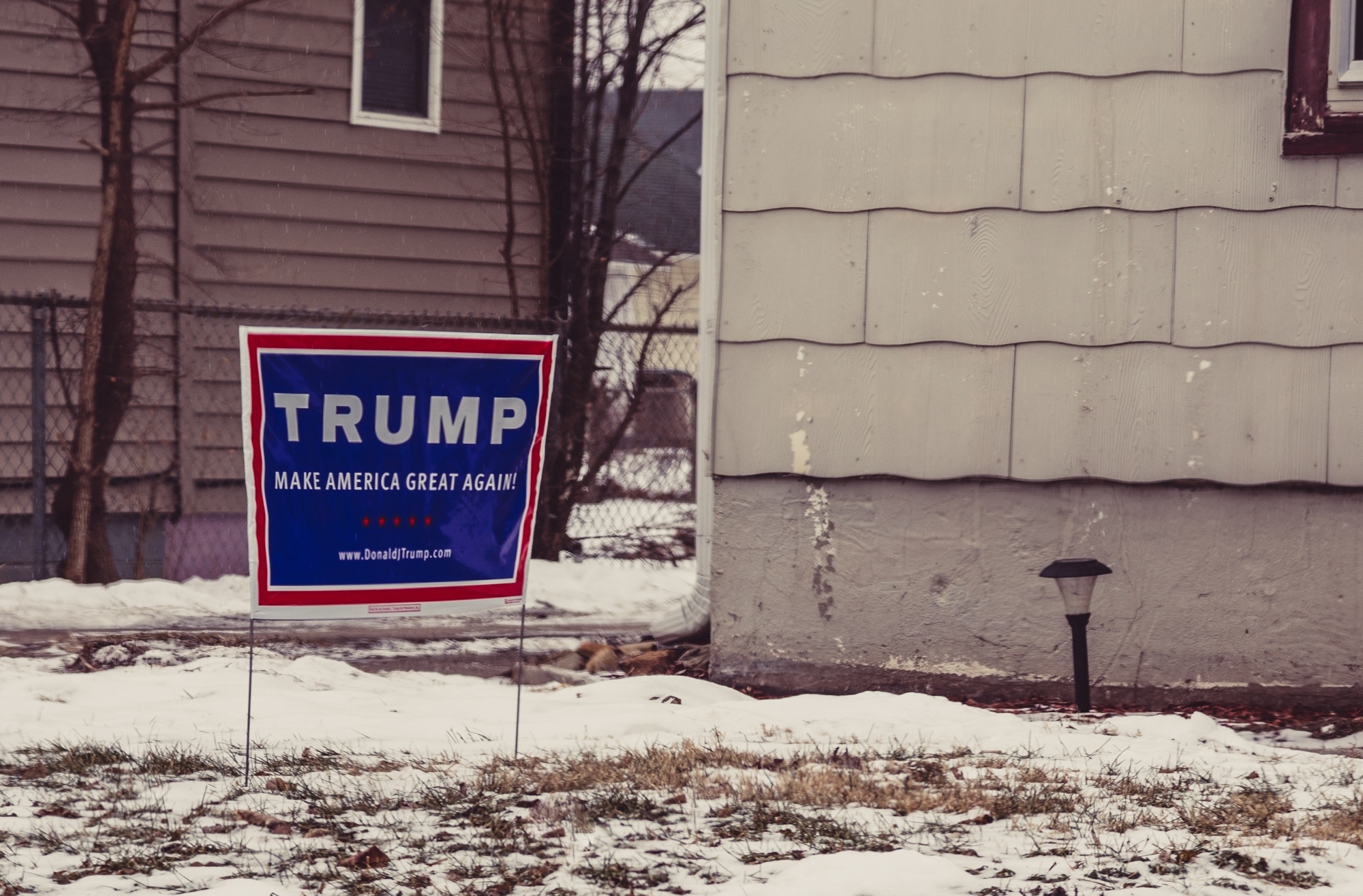Will Puerto Rico have a major impact in the Republican presidential primary?
With the 2016 election season in full swing, and the Republican presidential primary in a state of uncertainty, we decided to examine the chances of Puerto Rico playing a role in the outcome. Namely, can Puerto Rico as a United States territory help a candidate claim the uncontested front runner status or help another survive for a little longer.
As a US territory, Puerto Rico cannot send electors to the Electoral College, but the main political parties have awarded a certain number of delegates to the territories, which enables the islands’ residents to vote in the primary. In the case of the Republican Party, the total number of delegates is 20, as much as New Hampshire.
The Republican Party of Puerto Rico has scheduled the presidential primary on March 6, 2016, 5 days after Super Tuesday, and at a point where 38.53% of delegates will have been allocated, according to Ballotpedia.
The case against
Considering the date, total number of delegates, and the fact that Puerto Rico’s Republican presidential primary will take place after Super Tuesday, it could be wise to be skeptical the territory can have a major impact in the race. With the contest having consolidated to 6 candidates, there is still much uncertainty, but March 1 will see a total of 628 delegates allocated. If one or two candidates manage to emerge as the clear top contenders, the race could be understood to be settled and Puerto Rico, with just 20 delegates would not affect much.
Furthermore, as a mostly unknown market, candidates would find themselves in new territory, and with several campaigns struggling on the finance side, it would be unwise to make a major expenditure for such a small prize. Under this logic, only the top candidates would consider looking at Puerto Rico to visit or allocate resources in the pursuit of expanding their delegate total, but even then, the total is not significant enough to warrant a major effort.
On top of all this, Puerto Rico will have its primary just a day after Kansas, Kentucky, Louisiana and Maine have their contests, allocating 146 delegates. It will be difficult for campaigns to switch focus fast enough from these 4 states to the one territory. In addition, on March 8, Hawaii, Idaho, Michigan and Mississippi allocate 138 delegates. Having its primary sandwiched between two relatively significant days does not help the case of Puerto Rico having a major role.
If you then consider prior experiences, you will see that the republican contests in Puerto Rico are usually dominated largely by a candidate that usually gets enough votes to get all delegates, as happened in 2008 and 2012 when John McCain and Mitt Romney respectively, won. If this is the rule, then you would be hard pressed to find campaigns willing to invest resources in a contest that is probably already decided in favor of the front runner, without much return in the unlikely possibility of an upset.
Even in a contested race, a likely scenario would be the remaining candidates taking a trip to Puerto Rico to at least, prevent a candidate from getting all delegates, rendering the primary obsolete for the purposes of defining the race.
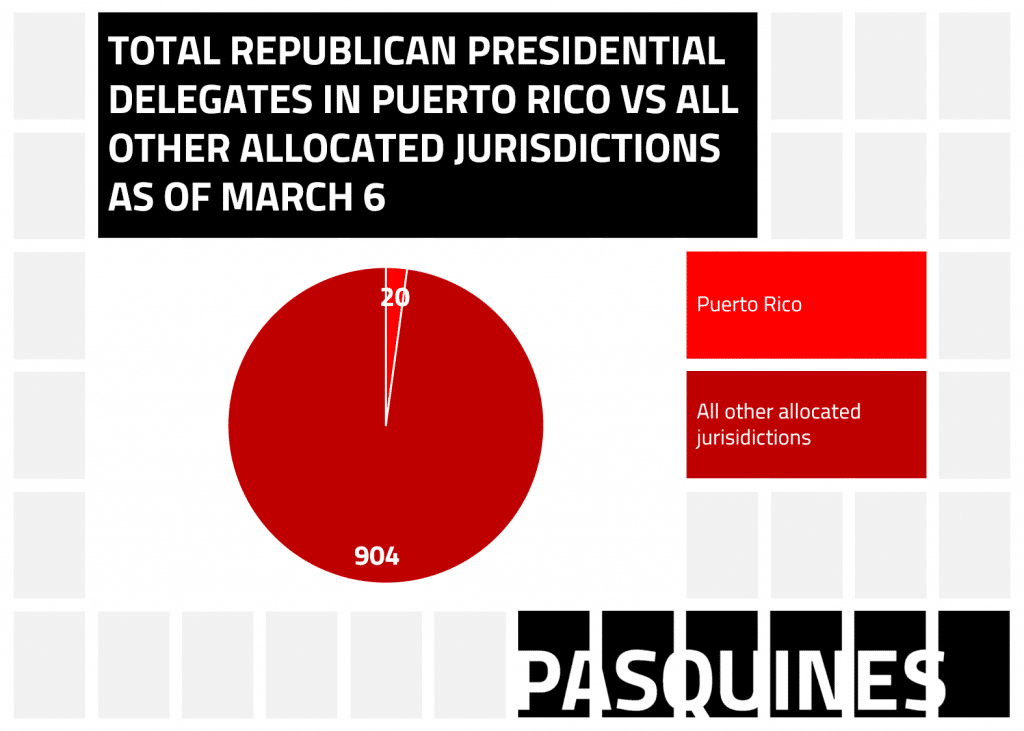
SOURCE: BALLOTPEDIA
The case for
On the other side of the coin, Puerto Rico does offer a unique opportunity for candidates, both successful and struggling ones, that could suffice for the islands to come into center stage. First, as a hispanic market, Puerto Rico affords candidates the opportunity to demonstrate their pull in hispanic constituencies, even if these particular voters will not get to vote in the November election.
Secondly, and perhaps even more importantly, candidates can look to Puerto Rico as a launching pad for Florida. With the huge amounts of Puerto Ricans moving to central Florida in search of better quality of life, a win in the territory could help propel a candidate in the sunshine state, which happens to vote 9 days later. That amount of time could be long enough to make an impact, but short enough for a candidate to maintain momentum.
Then, if you consider the possibility, that because of Puerto Rico’s disconnect from national politics, a candidate could win such a lopsided victory that they win a majority of the votes and take all delegates, and the race is close enough for 20 delegates to mark a shift in positions, or to even determine the front runner, the possibility of Puerto Rico garnering the attention of the media and the campaigns becomes a lot more plausible. Granted this depends on what happens on Super Tuesday and on the March 5th contests.
Furthermore, if the previous races help upset the current order in the race, you can expect for an insurgent campaign riding on newly acquired momentum to try and keep it alive by adding Puerto Rico to their column. Likewise, the other candidates could try and stop that momentum by snatching Puerto Rico, and hoping the difference in delegates and votes is small enough to make a difference.
Now historically Puerto Rico has favored the front runner in the race, but this electoral season is unlike the previous two contests. The front runner, Donald Trump, is an outsider with a testy relationship with hispanics. Secondly, of all candidates, you can expect Jeb Bush to have the most name recognition in the islands. If he survives long enough and remains plausible, or is at least within striking distance of Marco Rubio, Ted Cruz or John Kasich, Puerto Rico could provide the comeback moment he is yearning for.
What the numbers say
No polling has been conducted in Puerto Rico for the race. That said we can still play around with certain assumptions. Namely, if the state of the race, or more precisely, the share of the delegates each candidate has remains in a near constant proportion (yes we know the allocation of delegates is not necessarily proportional, but we needed to make certain simplifications to come up with this model), and no candidate drops out and endorses another, we can expect a race on March 5 that looks like this:
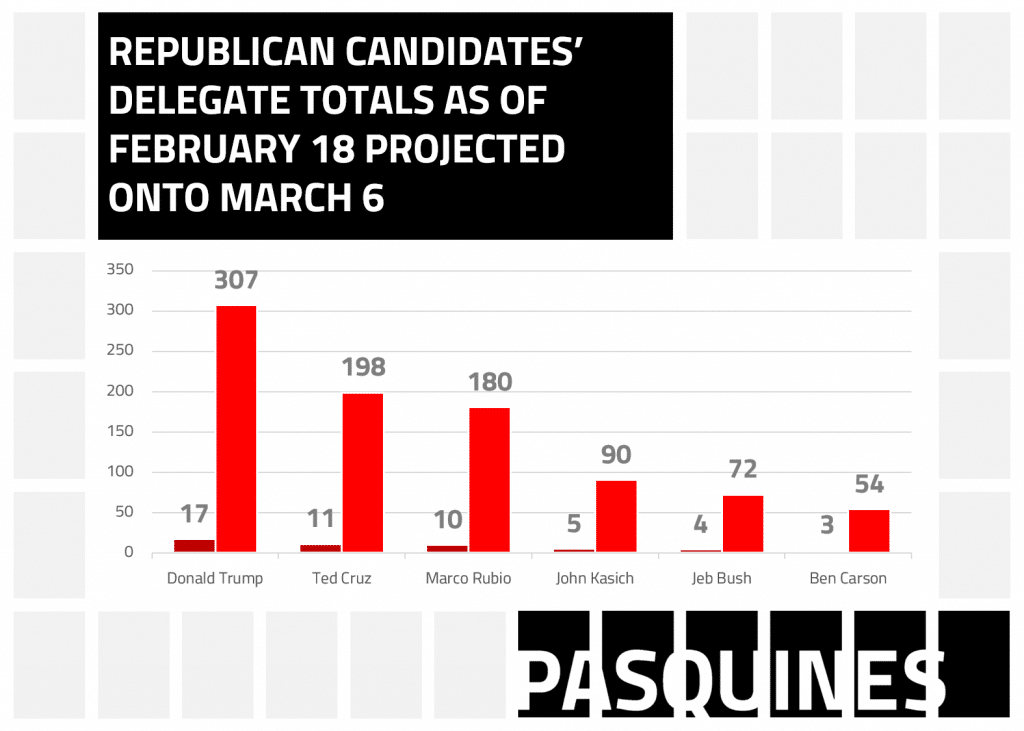
Basically we see a somewhat tight race for second place. And this is where Puerto Rico could provide Marco Rubio the change to jump ahead of Ted Cruz, and establish himself as the candidate with the anti-Trump momentum, that could propel him to the nomination. And while at this point, if the situation is similar to this scenario, Kasich, Bush and Carson would be far behind, they could still play a role, in helping Rubio or Cruz catch up with Trump.
So under this very specific, and simplified scenario, yes it is possible Puerto Rico’s primary would play a major role, possibly helping decide on the nominee, or at the very least, on a Trump alternative.
The bottom line
So can Puerto Rico play a major role in the Republican race? Yes. Will it? Maybe. Possibly. There are too obviously too many variables to consider to say with certainty. While we have created a scenario under which it would be possible for the primary in the US territory of 3.5 million citizens to have a central role in shifting or even defining the placement of the candidates, as with any election, and especially with this race, so much can happen.
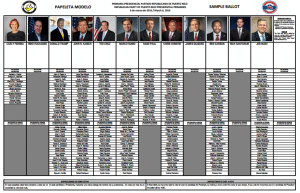
Republican Party of Puerto Rico Presidential Primary Sample Ballot. (Click to enlarge) SOURCE: STATE ELECTIONS COMMISSION OF PUERTO RICO
Interestingly, the ballot in Puerto Rico presented a mostly accurate picture of who the top contenders in the race were, with all the remaining candidates being able to obtain a full slate of delegates. Which presents the possibility that perhaps Puerto Rico’s role is predictive rather than influential or decisive. The territory did select the eventual nominee in 2008 and 2012 ( although, admittedly, that was in races that were mostly settled at the time).
That is not to say that Puerto Rico should be dismissed as irrelevant. On the contrary, making this examination makes it very clear that the race for the Republican nomination for the presidency could be a very hard fought battle that will depend on every delegate. The contenders ought not to ignore the territory, both because of its potential impact, and because of the influence it can exert on Florida. Once the sunshine state votes, more than half of the Republican delegates will be allocated, and while that does not guarantee a clear nominee, it all but ensures a more settled race.
What happens then might very well depend on an oft-forgotten small archipelago in the Caribbean.

